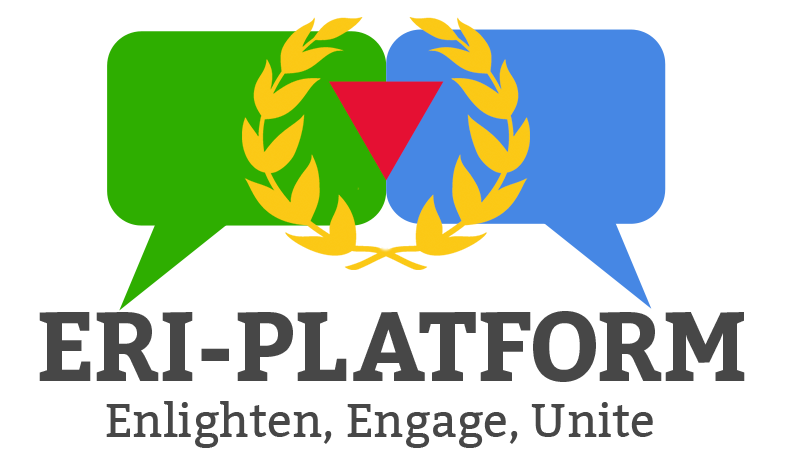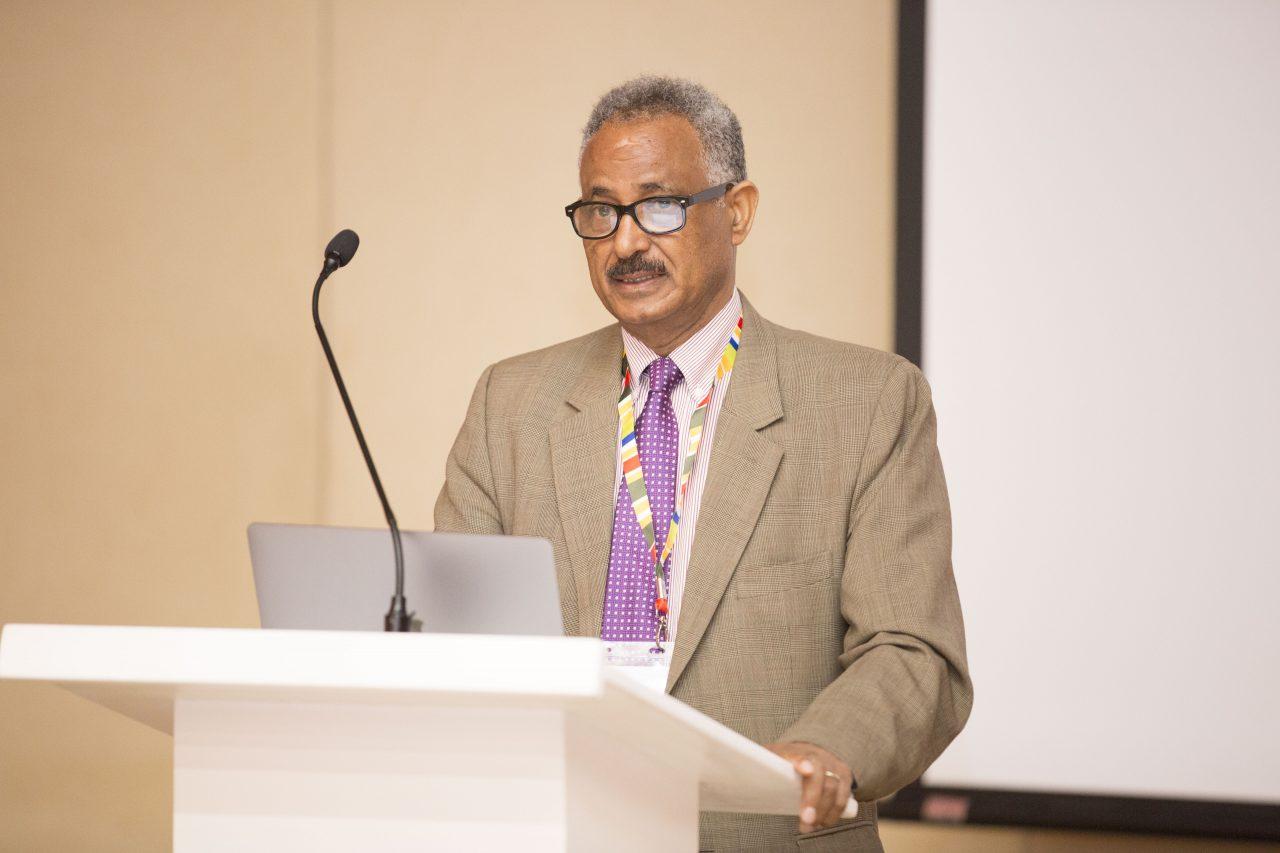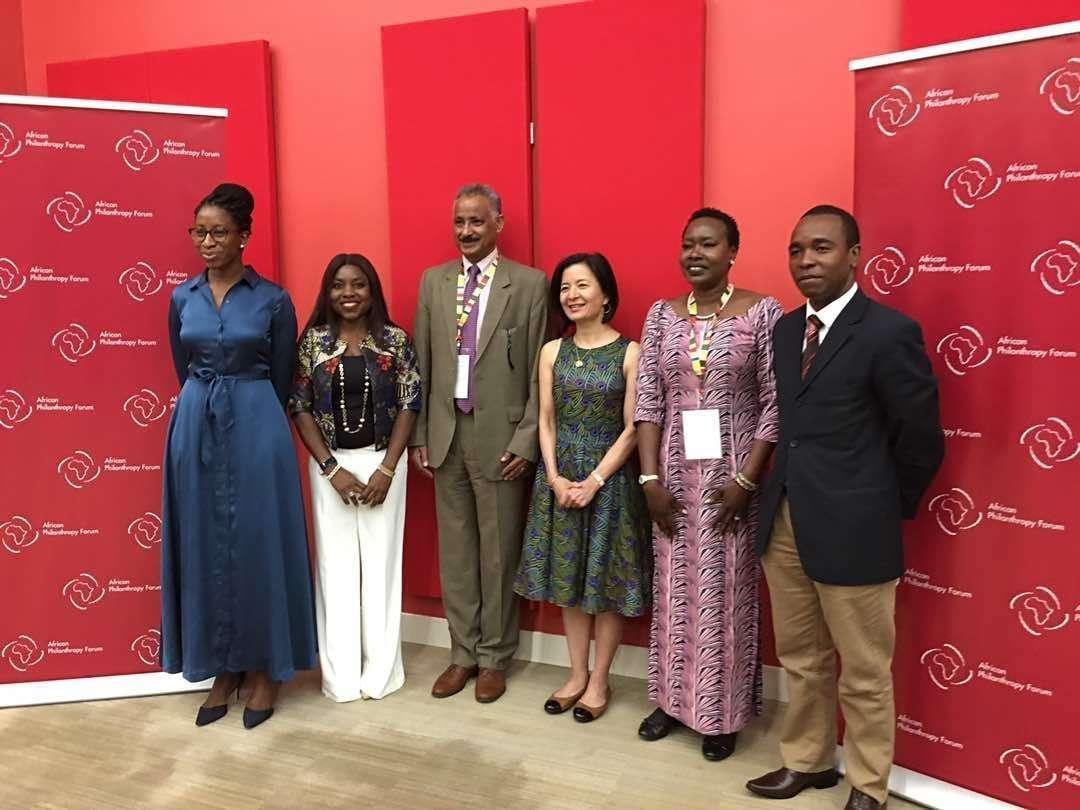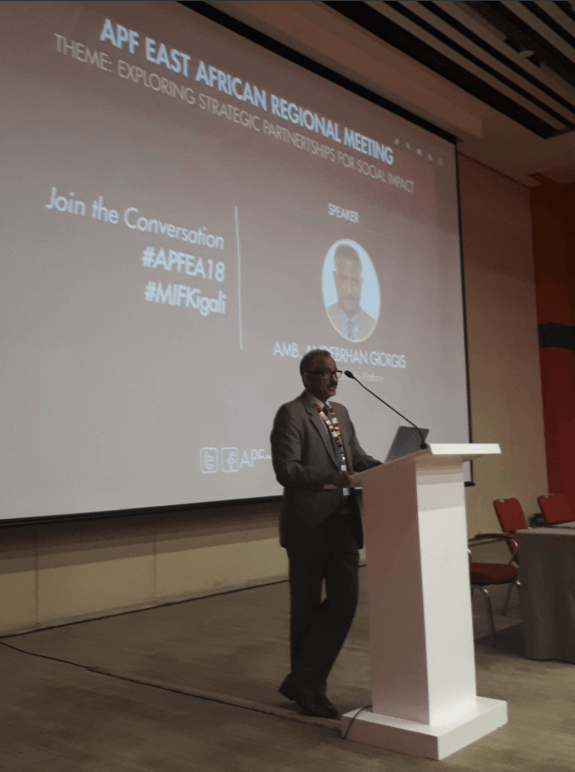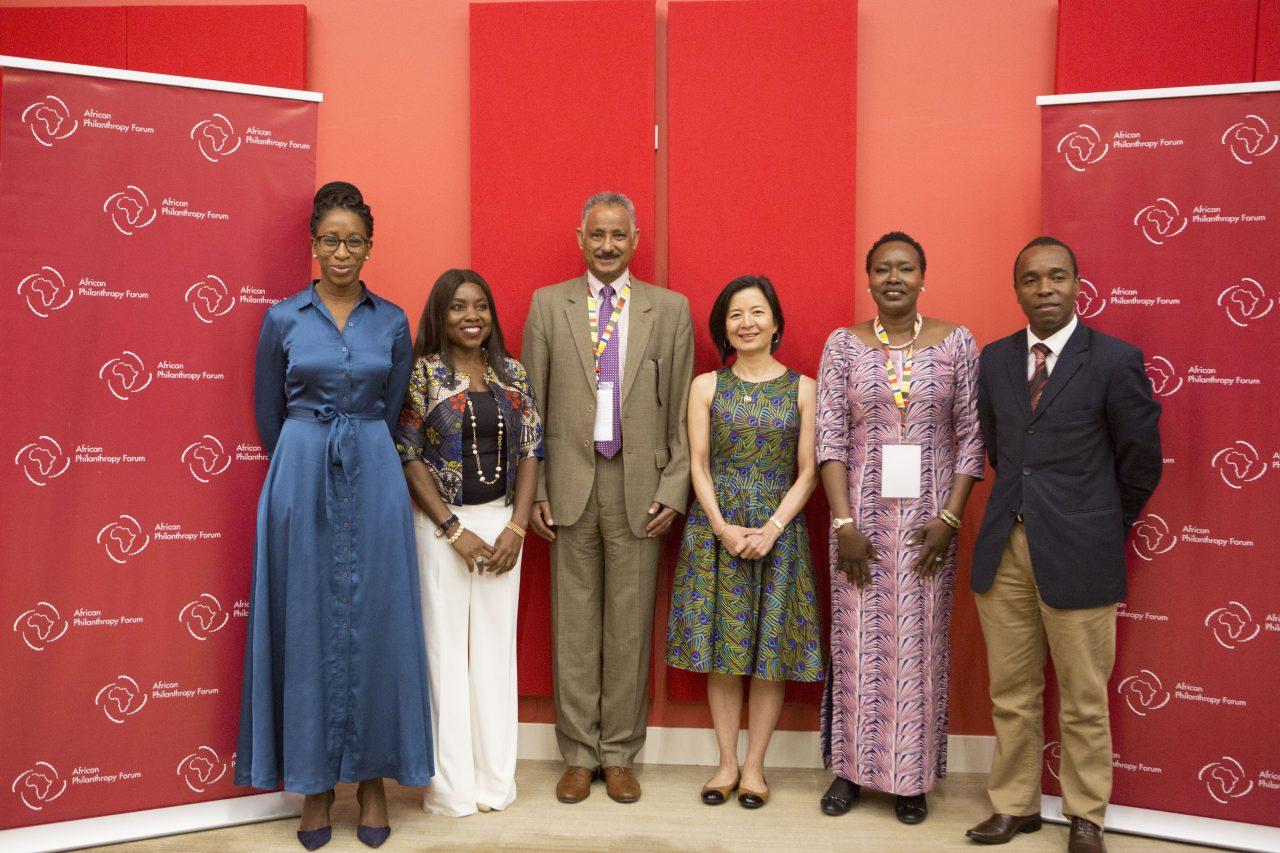Ambassador Andebrhan Welde Giorgis participated in the 2018 Ibrahim Governance Weekend held in Kigali, Rwanda, during 27-29 April 2018. He also delivered the keynote address on The Power of Collaborative Philanthropy at the East Africa Regional Meeting of the African Philanthropy Forum (APF), one of several side events of the Governance Weekend, on 29 April 2018. More photos of the event can be viewed here.
More information about the 2018 Ibrahim Governance Weekend is available here.
_________________
Setting the Context: The Power of Collaborative Philanthropy
Thank you
Chair,
Distinguished Delegates and Philanthropists,
Ladies and Gentlemen,
Good Morning,
Let me begin by thanking the African Philanthropy Forum (APF) for inviting me to speak on the Power of Collaborative Philanthropy at this, its East Africa Regional Meeting alongside the Mo Ibrahim Governance Weekend here in Kigali, Rwanda. It is an honour and a privilege to join you in this regional forum where established, emerging and aspiring philanthropists, social entrepreneurs and social investors in East Africa have come together to discuss, network and collaborate on proven and novel strategies for scalable and sustainable impact.
In setting the context for our discussion this morning, I will focus on three issues:
(1) Some of Africa’s main developmental challenges;
(2) The role of Collaborative Philanthropy in solving Africa’s social and economic issues; and
(3) the Power of Collaborative Philanthropy to scale and amplify the social impact of the work of philanthropists in Africa.
1. Africa’s Developmental Challenges
Africa is a rich and diverse continent, endowed with abundant resources, varied cultures and hardworking people. Despite its vast natural and human resources, however, a combination of historical factors, aggravated by, among others, malgovernance, wars and conflict, rampant corruption, and political instability, have hindered its development and the progress of its people for far too long. A significant democratic deficit has provoked violent conflicts in many parts of Africa, feeding underdevelopment and poverty. Politics and economics of exclusion have generated vast income disparity and limited access to essential public goods and services, including quality education, adequate healthcare, and human security for the great majority of the people. Moreover, Africa must grapple with the effects of climate change, environmental degradation, gender inequality and youth unemployment. In the absence of a silver bullet or standard formula, we must seek and work out creative solutions to these pressing social and economic problems based on solidarity and collaboration.
2. The Role of Collaborative Philanthropy in Solving Africa’s Challenges
The African Union (AU) Agenda 2063 and the United Nations (UN) Agenda 2030 provide strategic frameworks for an inclusive and sustainable development intended to effect the socio-economic transformation of Africa and the world. These agendas represent ambitious, global and holistic blueprints to tackle the multiple dimensions of the development challenges facing Africa in the 21st century.
To help produce optimal results, collaborative philanthropy should complement these global and continental agendas and work, among other things, to foster (1) democratic governance, (2) develop autonomous civil society organisations (CSOs) and (3) expand social services in Africa.
Democratic Governance
There is no “one size fits all” definition of democracy. It means many things to many people. There are, however, certain principles that distinguish a democratic from a non-democratic system of government. These include rule of law; respect for fundamental freedoms; protection of basic rights, including minority rights; popular participation in the governance process; and transparency and accountability in public policy and decision making, including in the management of State assets and national resources. The elimination and/or minimisation of the democratic deficit in much of Africa and the concomitant spread of democratic governance throughout the continent would respect the social contract between the state and citizens.
Autonomous Civil Society
Strong, independent and capable civil society, including a free press, is essential for democratic governance. African governments, like most notably that of my own home country of Eritrea, must lift the de facto ban and allow independent civil society associations to exist and thrive. Given the space of freedom of expression, freedom of assembly, freedom of association, civil society can countervail violations of democratic values, such as rule of law, justice, freedom, equality, human rights and dignity. It can help promote and/or preserve the rule of law and adherence to the social contract as well as mediate conflicting interests in society and find common ground for joint effort to improve people’s lives.
Social Services
Sustainable development requires a healthy and educated population. Africa is home to 1.2 billion people, over 60% of whom are under the age of 25. By 2050, the population is projected to double, making Africa the second most populous continent. Africa’s rapid population growth is expected to have hard-hitting socio-economic and environmental impacts, putting greater strain on scarce resources and limited services. Providing for universal quality education, adequate public healthcare delivery and gainful employment are thus among the key challenges facing the continent. African states must invest in Africa’s youth, the continent’s most valuable resource, and develop their education and healthcare systems to equip a healthy youth with the skillset needed to manage and operate the knowledge economy now and in the future. Ensuring quality education, gainful employment and meaningful engagement would help minimise irregular migration, put an end to the brain-drain and accelerate Africa’s development.
3. The Power of Collaborative Philanthropy
The object of all human endeavour is to uplift the human condition. The size of Africa, the spread of its states and poor physical infrastructure present unique challenges of accessibility and connectedness of communities, with differing circumstances and realities on the ground. Knowledge and awareness of local circumstances is essential for collaborative philanthropy to respond to local needs, complement local initiatives and add value to community efforts.
Collaborative philanthropy can bring about close coordination among the philanthropic, non-profit and policy communities to provide an effective response to the need for solidarity and democratic governance; contribute to sustainable development; and reduce income disparity. The interconnected nature and sheer scale of Africa’s challenges require a holistic approach involving large and scaled initiatives capable of producing optimal results.
A holistic approach would factor in the various dimensions associated with or linked to Africa’s interwoven challenges to restructure the system and effect impactful and sustainable changes. Effective philanthropy requires a shift away from small, fragmented initiatives towards larger and more collaborative projects. The old Aristotelian expression that the whole is greater than the sum of its parts aptly sums up the synergy that collaborative philanthropy can generate in achieving a common purpose.
Collaborative philanthropy can foster strategic partnership among networks of social change leaders, philanthropists and organisations across all levels - local, national, regional and international - for greater sustainable impact. It can partner with the state at national, regional or local levels, with business and with CSOs to address specific issues of public interest. It can also partner with the AU and the Regional Economic Communities (RECs) to promote student exchanges among African universities, like the European Union’s (EU) Erasmus Mundus Scholarship, to help foster a shared citizenship in the service of the economic integration and political union of Africa.
Clearly, collaborative philanthropy has a potential for greater and durable social impact. Beyond the pooling of financial resources, scaling initiatives requires growing networks; sharing of knowledge, research and lessons learned; competent project management and administration, human resources and capacity building as well as access to technology - hardware, software and internet. Collectively, such actions would provide advantages that help foster solidarity and unity for a common purpose. We all know that there is strength in unity and synergy in collaborative effort.
Thank you
for your kind attention.
